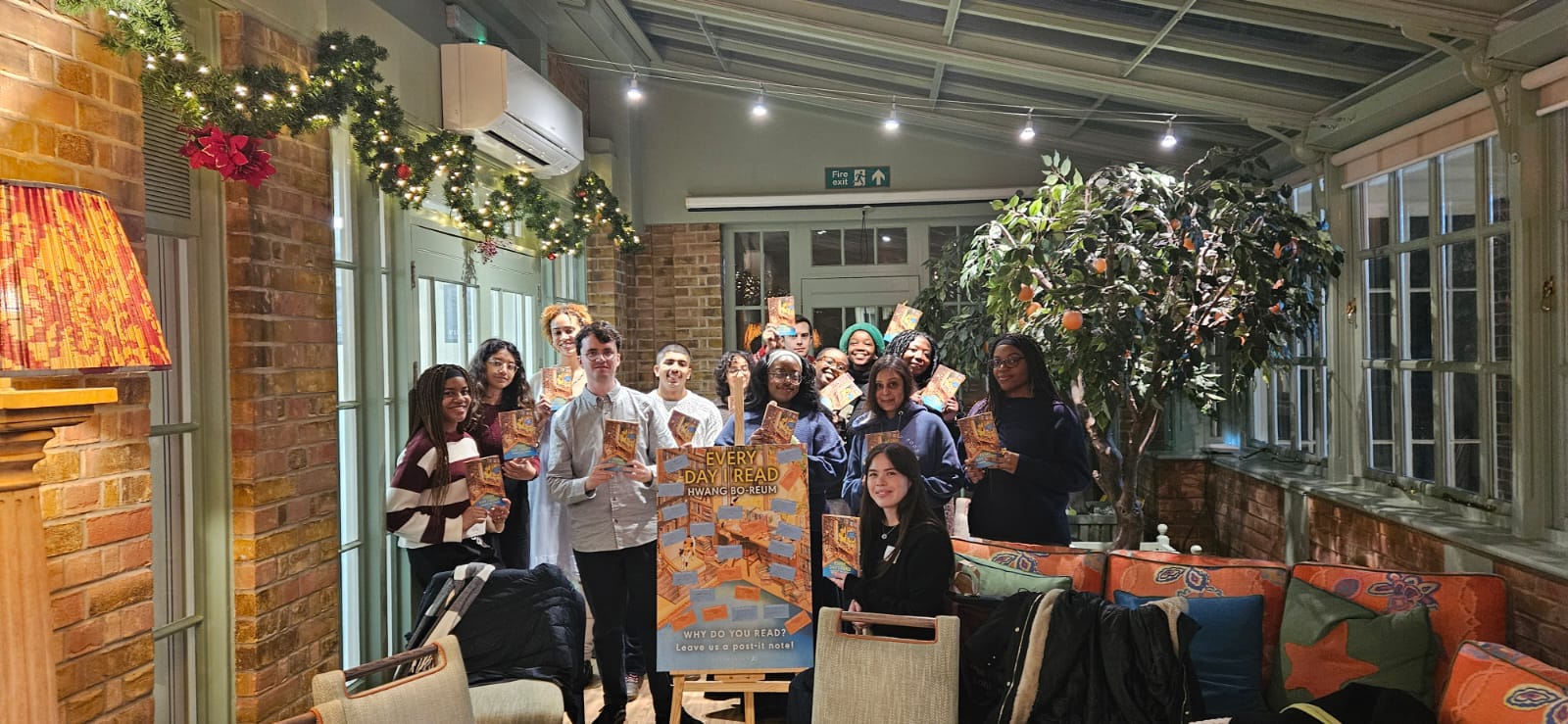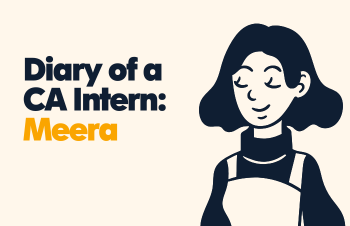Khaleda Rahman has come so far since her internship with Creative Access in 2013. She has worked across the world in offices in London, New York and Sydney, but one thing she has noticed consistently is the diversity problem in journalism. Khaleda shares some of her own experiences with us…
Walking into an unfamiliar newsroom for the first time is daunting for any new journalist, I’m sure—but it’s even more so when you realise you’re one of very few people of colour there.
As a freshly qualified journalist, I secured an internship with a local London newspaper through Creative Access. I’m incredibly thankful that I was able to learn the ropes at a small weekly newspaper so when I made the leap to the nationals and found myself walking into newsroom after newsroom where I was in the minority in the years that followed, I was a much more confident journalist.
Over the past six or so years, I’ve worked at the Birmingham Mail and the Scottish Daily Mail while on the MailOnline graduate scheme and then went to work in MailOnline’s offices in London, New York and Sydney. After a stint as a foreign news reporter back in London, I decided to go freelance and move to Los Angeles. I’m now based back in the U.K. as a reporter for Newsweek.
I’ve been lucky enough to live and work in some of the greatest cities in the world and work on some of the biggest news stories in recent years—the 2016 presidential election, ISIS and “Megxit” to name just a few.
But one thing I’ve noticed everywhere I’ve worked is the lack of diversity. It’s not just an issue in UK newsrooms, but also in the US and Australia.
“But one thing I’ve noticed everywhere I’ve worked is the lack of diversity.”
Don’t just take my word for it—there are plenty of statistics that speak for themselves. According to the National Council for the Training of Journalists, 94 percent of journalists in the UK are white and it is 87 percent in the US. Research in the US also found that employees in newsrooms are more likely to be white and male than anywhere else in the country. In Australia, newsrooms are overwhelmingly white and a recent study found that more than a third of hard news stories reflect negatively on minority communities.
That lack of ethnic diversity is most glaring when stories related to race have made headlines, whether it’s about politics or terrorism. It’s clear there’s a problem when mainstream news outlets misidentify prominent people of color or someone like the BBC’s Naga Munchetty is unfairly penalised for voicing her experience of racism when speaking about racist comments made by Donald Trump. And of course, there’s the specific kind of coverage of the Duchess of Sussex that some have claimed is fuelled by racism, while others insist has nothing to do with her skin colour.
“That lack of ethnic diversity is most glaring when stories related to race have made headlines, whether it’s about politics or terrorism.”
In my years in journalism, I’ve had an editor suggest I would have an easier time securing job interviews if I Anglicised my name on my CV. I’ve had another confuse me for the only other brown woman in the office. I’ve seen the surprise on the faces of colleagues when I’ve told them I’m Muslim. And sometimes, I’ve had to strongly push back on headlines that I feel are unnecessarily inflammatory or biased.
“I’ve had an editor suggest I would have an easier time securing job interviews if I Anglicised my name on my CV.”
But when it comes to these kinds of things, it can be challenging to have your voice heard. Speak too loud and you’ll be accused of “playing the race card.” Say nothing and it keeps happening. Sometimes you might feel it’s better to pick your battles as you always have a job to be getting on.
The onus shouldn’t be on the few people of color in newsrooms to educate their colleagues, especially if they’re in more junior positions.
Of course, more people of color should be recruited into newsrooms but tokenism in the workplace won’t make a big enough difference. They should also be recruited into more senior roles and changes should be made at the top.
Newsrooms should reflect the communities and demographics they represent, and it’s disheartening to say that almost a decade after I started on my path to become a journalist, there’s still a long way to go.
“Newsrooms should reflect the communities and demographics they represent”
Journalists from diverse backgrounds can add so much value to newsrooms today and ensure reporting is more accurate and comprehensive. While it can be a tough road at times, the job is also an incredibly rewarding one. Over the past few years, I’ve had the chance to pursue some of the stories I feel most passionate about, including revealing the identity of a jihadi bride from Scotland, speaking to a Saudi teenager who fled the kingdom and barricaded herself in a hotel in Bangkok Airport and interview a man who survived the mosque shooting in Christchurch, New Zealand.
There are plenty of stories like these that need to be told and we are the ones who should tell them.
You can follow Khaleda on Twitter at @Khaleda




